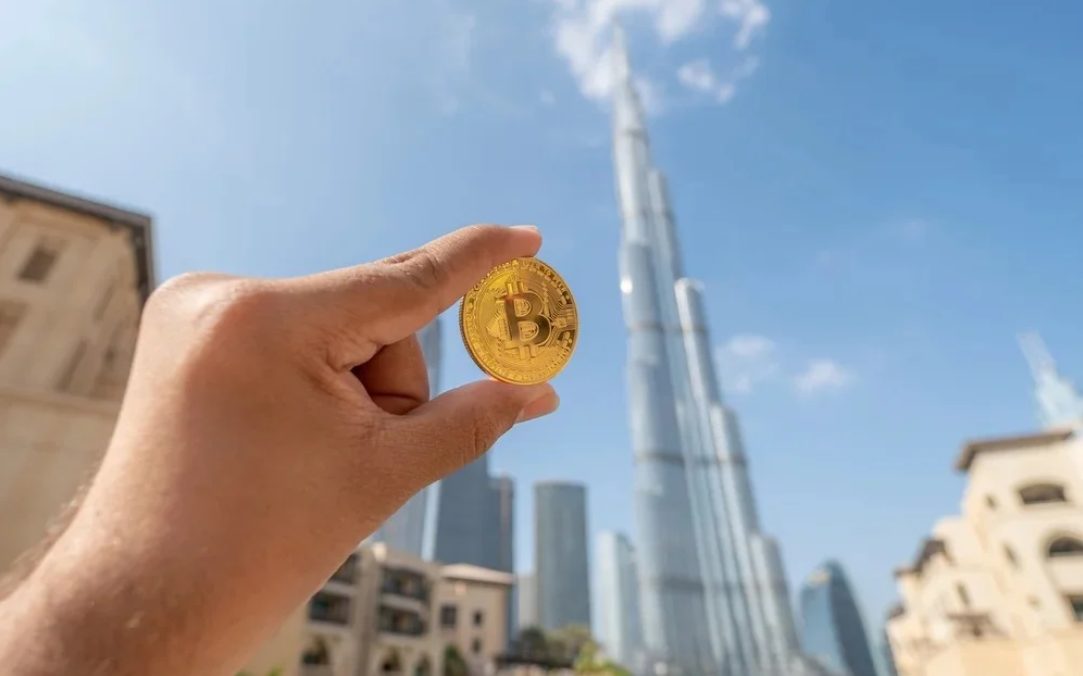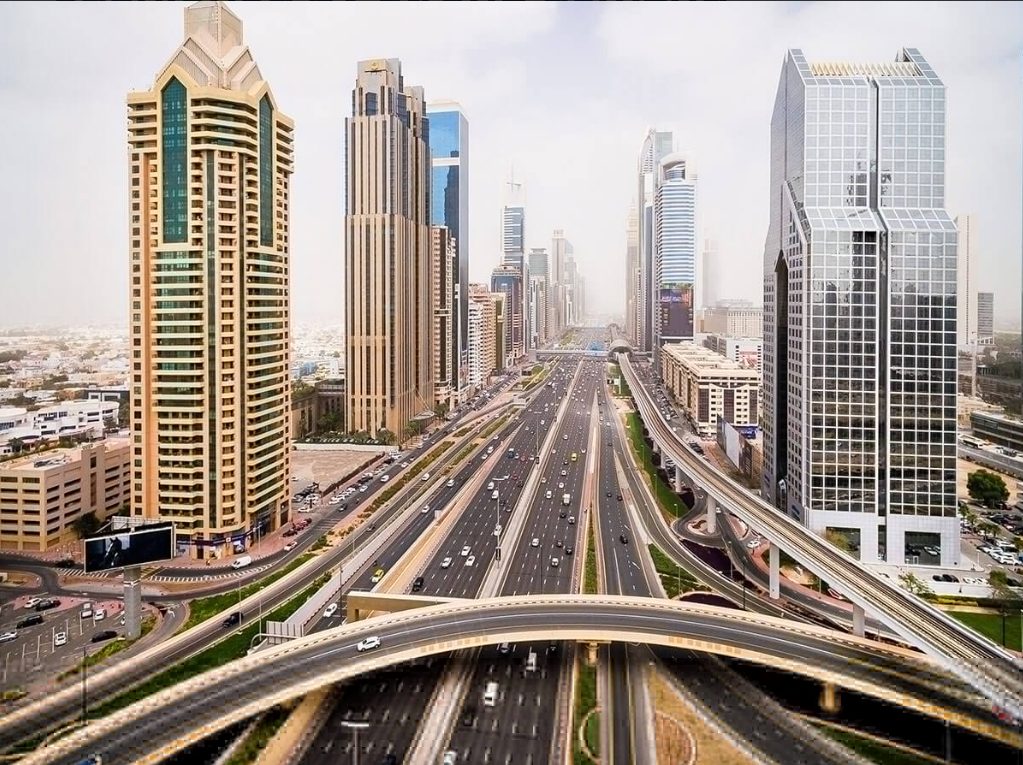
Impact of Economic Policies on Dubai Real Estate
The direction of the Dubai real estate market is heavily shaped by economic policies, which have put it at a crossroads. In order to effectively navigate this dynamic industry, investors and stakeholders must have a thorough understanding of the complex interactions between governmental rules and market forces. Drivers of Economic Policy The government’s set of economic policies has a significant impact on Dubai’s real estate market. These policies include budgetary restrictions, legal guidelines, and calculated moves intended to entice capital, promote investment, and guarantee sustainable development. Important policy domains consist of: Investment Incentives: Tax cuts, free zones, and residency programs like the Golden Visa program are just a few examples of government incentives that are crucial in drawing international investors to Dubai’s real estate market. Regulatory Reforms: A climate for the real estate industry that is more stable and reliable is created by ongoing regulatory reforms that are intended to increase transparency, cut down on bureaucracy, and protect investor rights. Infrastructure Development: Dubai’s appeal as a real estate destination is enhanced by large expenditures made in infrastructure projects, such as those involving utilities, transit networks, and urban amenities. Economic Diversification: New demand drivers and real estate investment opportunities are created by efforts to diversify Dubai’s economy away from its reliance on oil and toward knowledge-based industries and tourism. Effect on the Dynamics of the Market The dynamics of the real estate market in Dubai are significantly affected by the adoption of these economic policies: Market Demand: Policy announcements and regulatory changes impact property prices and rental yields by causing fluctuations in investor confidence and market demand. Sectoral Growth: Policies aimed at certain industries, such as hospitality, commerce, or housing, promote expansion in those markets, influencing investment preferences and supply-demand dynamics. Regional Disparities: By focusing development and investment on developing regions and promoting balanced growth throughout the emirate, economic policies can help alleviate regional disparities. Possibilities and Difficulties Although the basic goal of economic policies is to promote stability and prosperity, obstacles including local market saturation, geopolitical unrest, and volatility in the world economy might affect the results. Proactive policies, however, also provide doors for long-term investment plans, sustainable development methods, and innovation. In summary In summary, economic policies have a significant and varied impact on Dubai’s real estate industry, affecting everything from investor sentiment to market dynamics and long-term viability. In order to effectively navigate the changing terrain that these rules have built, stakeholders must continue to be alert and flexible. Speak with professionals in the field for more guidance on navigating Dubai’s real estate market in the face of shifting economic policies, and keep up with market developments and regulatory changes.










